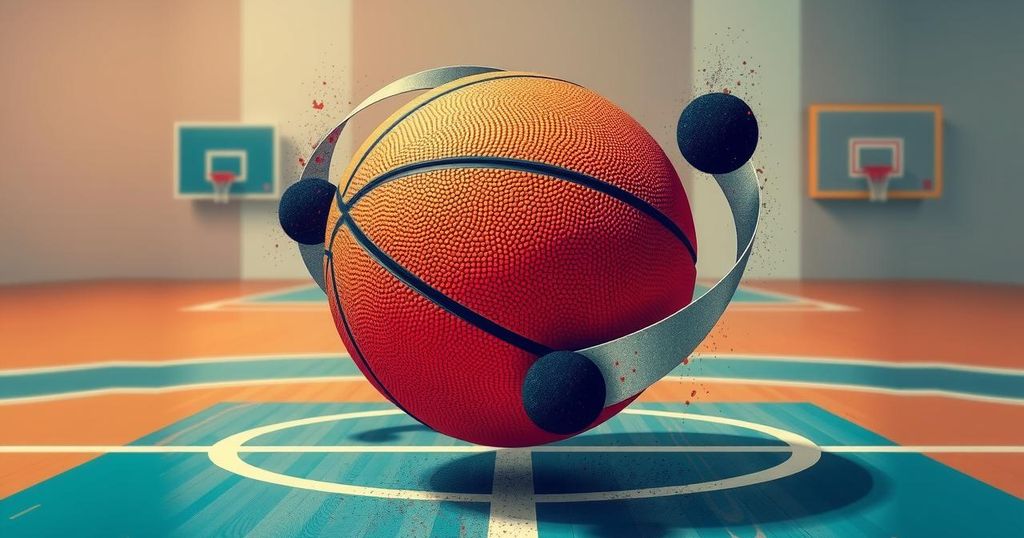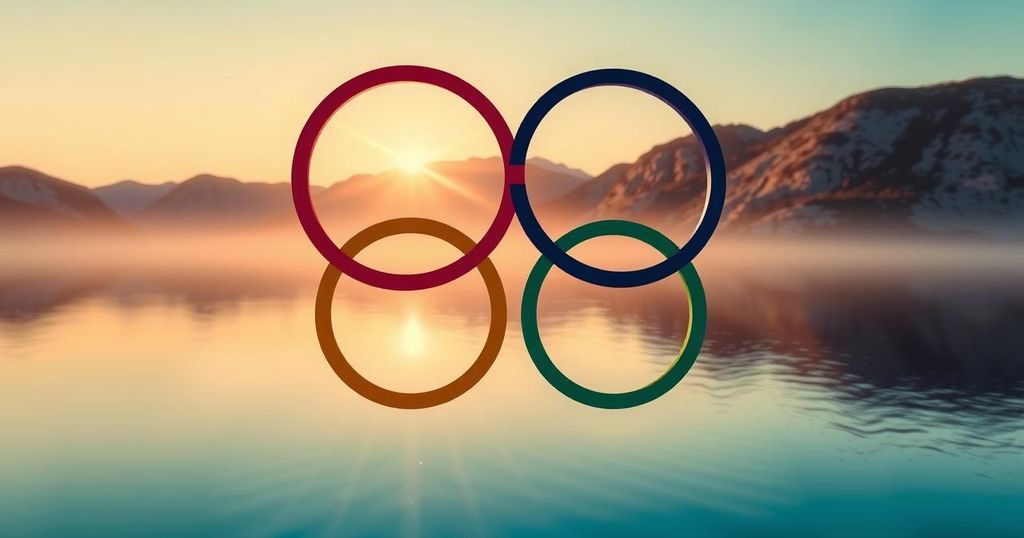Collaborative Broadcasting Efforts for the Paris 2024 Paralympics: The Role of ARD, ZDF, and NDR
As the Olympic Games conclude, preparations advance for the Paralympics which commence on August 28, 2024. Central to these efforts is the collaboration between Germany’s national broadcasters, ARD and ZDF, alongside NDR, a regional station. Felix Ruhberg, the technical director for the Games at NDR, has recently finalized the Olympic production and is now gearing up for the Paralympics in Paris.
ARD and ZDF maintain joint broadcasting rights for both the Olympics and the Paralympics, alternating daily broadcasts while equally distributing production responsibilities and technical resources. Ruhberg clarifies, “Although we cooperate closely, with team members alternating between ARD and ZDF, the editorial teams operate independently with some shared personnel for online streaming services.” This structured collaboration ensures that while resources are pooled, editorial integrity and distinct programming can be upheld.
The headquarters of their joint operation is strategically situated near the Olympic Broadcasting Services (OBS) at Trocadero, within Place de l’Alma. The necessity for an independent studio arose due to logistical concerns, prompting the selection of a nearby facility that could accommodate both sporting events smoothly. “Utilizing the Trocadero studio proved challenging for the Paralympics due to its unavailability, therefore we sought an alternative venue for seamless continuity between the Olympic and Paralympic broadcasts,” explains Ruhberg.
Ruhberg highlights the importance of national teamwork in orchestrating a vast range of sports events. The intricate planning for the Olympics commenced three years in advance, with weekly discussions held between ARD and ZDF’s teams comprising diverse roles from editors to technicians. Despite sharing many operational aspects, there remains a natural division whereby ZDF, located closer to the National Broadcast Centre in Mainz, predominantly handles remote production tasks, while ARD focuses on onsite venue and team management.
Given the shift towards remote production, much of the programming is managed from Germany. Ruhberg details, “Our production control room is based in Germany, with post-production and editing carried out within the country. Our operations in Paris are limited to essential onsite personnel, ensuring a compact yet effective team structure.”
With the substantial use of LiveU technology, Ruhberg confirms ARD and ZDF deployed 25 units across 20 ENG teams throughout Paris, enabling coverage in areas where direct broadcast positions were not secured. “We strategically positioned our ENG crews to capture live events, such as the marathon, allowing us to produce impactful stories from the grounds,” he asserts.
The time zone compatibility for the German audience has provided additional advantages, streamlining operations significantly compared to previous events, such as the Tokyo Olympics. The broadcasting plan demands extensive connectivity; as Ruhberg remarks, “Current strategies require all production locations to interface seamlessly, enabling comprehensive coverage of the events.”
Regarding the forthcoming Paralympic Games, both ARD and ZDF will adopt a more moderate approach to production, consistent with OBS’s framework. “We will scale down our unilateral facilities at various events while maintaining a smaller overall presence in Paris,” states Ruhberg. Notably, the number of live streams will decrease from ten during the Olympics to four for the Paralympics, aligning with OBS’s own reductions in available signals.
In conclusion, the joint efforts of ARD, ZDF, and NDR epitomize a dedicated, collaborative vision towards delivering quality sports broadcasting to German audiences. The preparations for the Paralympic Games signify both a celebration of athletic achievement and the culmination of meticulous planning and teamwork among broadcasting professionals. The Opening Ceremony will be broadcast live on television on August 28, 2024, marking another significant milestone in sports broadcasting history.








Post Comment